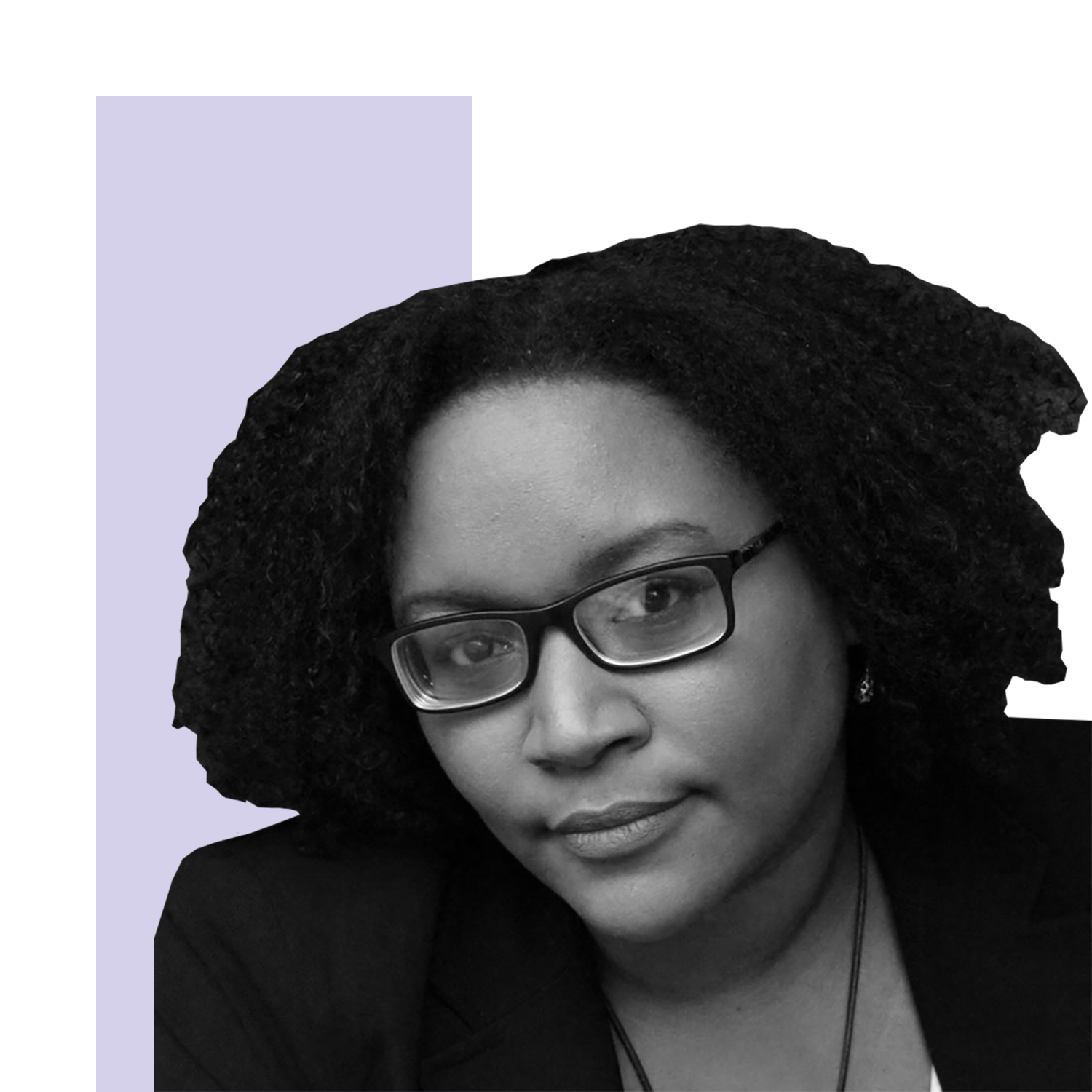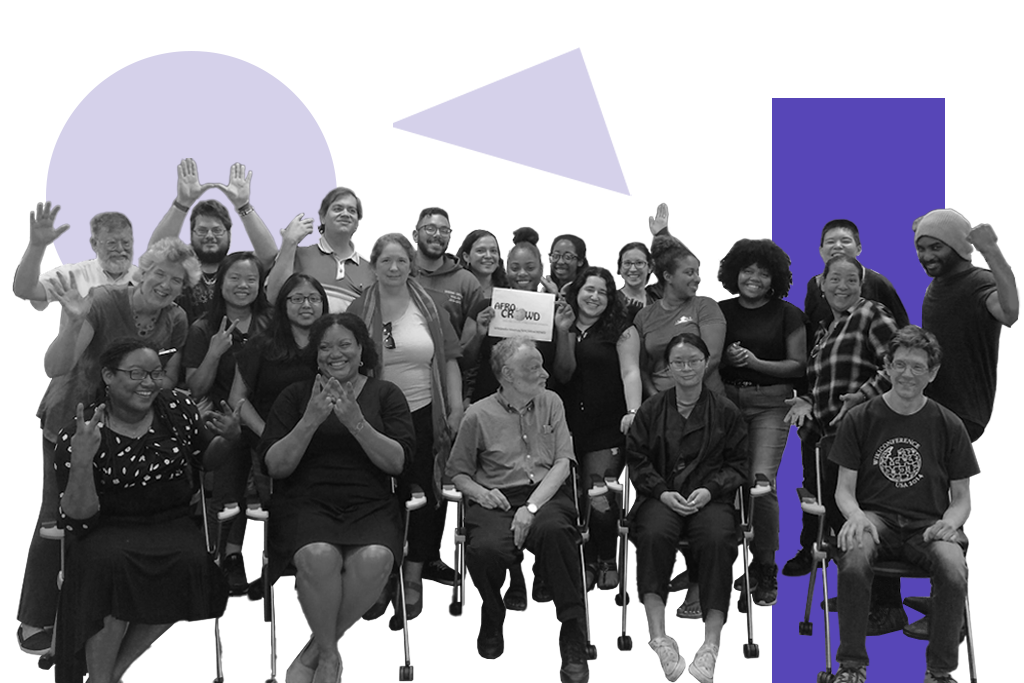Wikipedia is known for being the world’s largest encyclopedia that anyone can edit—but that does not mean everyone does.
Whether due to social, political, or technological barriers that prevent people from sharing what they know with the world, the site is still missing out on a lot of the world’s wealth of knowledge. In particular, knowledge on Wikimedia projects can reflect global and historical biases that disproportionately leave out those within the global majority, including Black, Indigenous, and people of color. “Open the Knowledge” is an initiative from the Wikimedia Foundation that strives for knowledge equity, and AfroCROWD is one of the Wikimedia user groups who are making it happen.
Founded eight years ago this month by Haitian blogger and Wikipedian Alice Backer, the New York City-based organization’s name is short for “Afro Free Culture Crowdsourcing Wikimedia.” The group’s mission is to expand awareness of Wikimedia projects and the number of volunteer Wikimedia editors who come from the African diaspora, in order to close multicultural and gender gaps on Wikipedia.

Sherry Antoine
“There are ways the African diaspora are represented that aren’t representative of us,” AfroCROWD Executive Director Sherry Antoine says. “A lot of the time, we don’t get to represent ourselves—other people make those decisions for us. This is something Wikipedia can empower us to help remedy.
AfroCROWD has hosted at least one Wikimedia event per month since 2015, even through the COVID-19 pandemic. These have included edit-a-thons, where people come together to learn how to edit a Wikimedia project, such as Wikipedia; talks or lectures given at educational institutions and conferences; and more.
In June 2020, the group hosted its first-ever virtual Juneteenth conference on civil rights. The timing meant that it was held both at the height of the pandemic and in the wake of worldwide George Floyd and Black Lives Matter protests. Participants from eight countries spent their weekend improving information on civil rights, Black history, and related topics on Wikimedia projects.
AfroCROWD’s gatherings have fostered increased awareness of how Wikimedia and Wikipedia work among members of the African diaspora. Between 2019 and 2021, over 3,000 people participated in AfroCROWD events. Over half were new editors, and nearly 500 were from the academic world.
“When you join Wikipedia as an editor, [you should] know that there is a supportive community there waiting to welcome you,” Antoine says. AfroCROWD encourages anyone, regardless of their background, to join a Wikimedia event, whether it’s one AfroCROWD is hosting or another being put on by one of the hundreds of other Wikimedia groups located around the world.
Learn more about AfroCROWD and get involved at afrocrowd.org.
. . .
Does the content on Wikipedia reflect the world’s diversity?
Every day, volunteers all over the world—like the ones featured on this blog—work on knowledge equity initiatives to help close knowledge gaps. Want to understand why this work matters? Watch this video, part of our A Wiki Minute series, to learn more.
. . .
This blog is part of Open the Knowledge: Stories, a series which features volunteers from the Wikimedia movement who are helping the world truly find the sum of all human knowledge on Wikimedia projects. If you want to know more about what knowledge equity is, why it matters, and how you can help us achieve it, join us at Open the Knowledge.
. . .
This interview has been edited for clarity and length.
Ed Erhart is a Communications Specialist at the Wikimedia Foundation.


